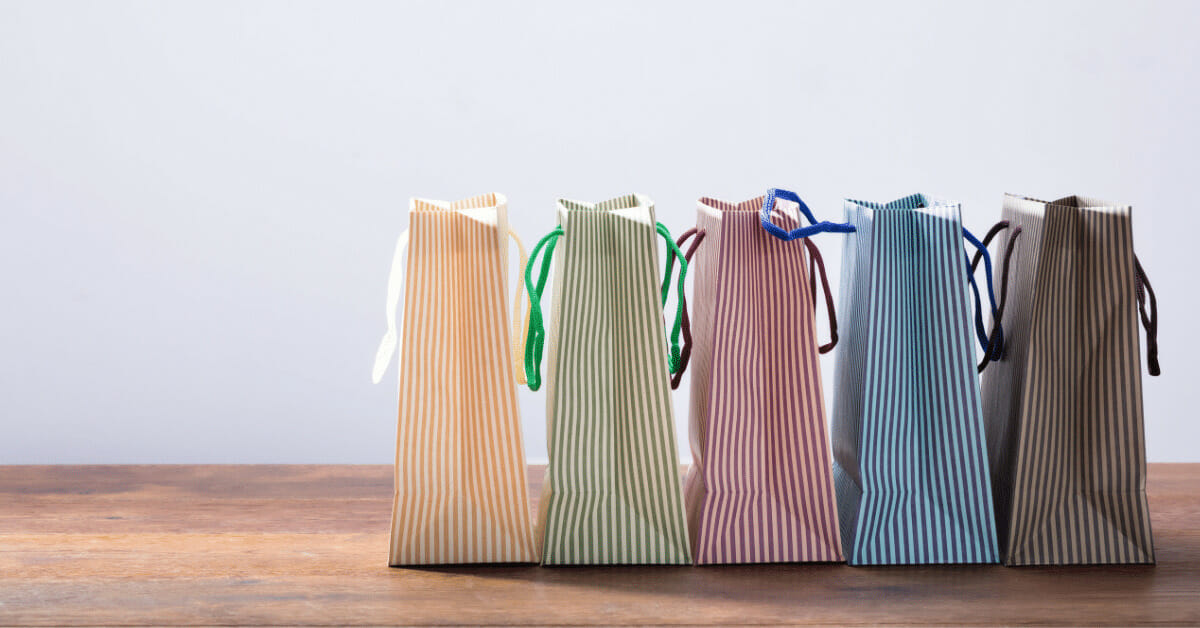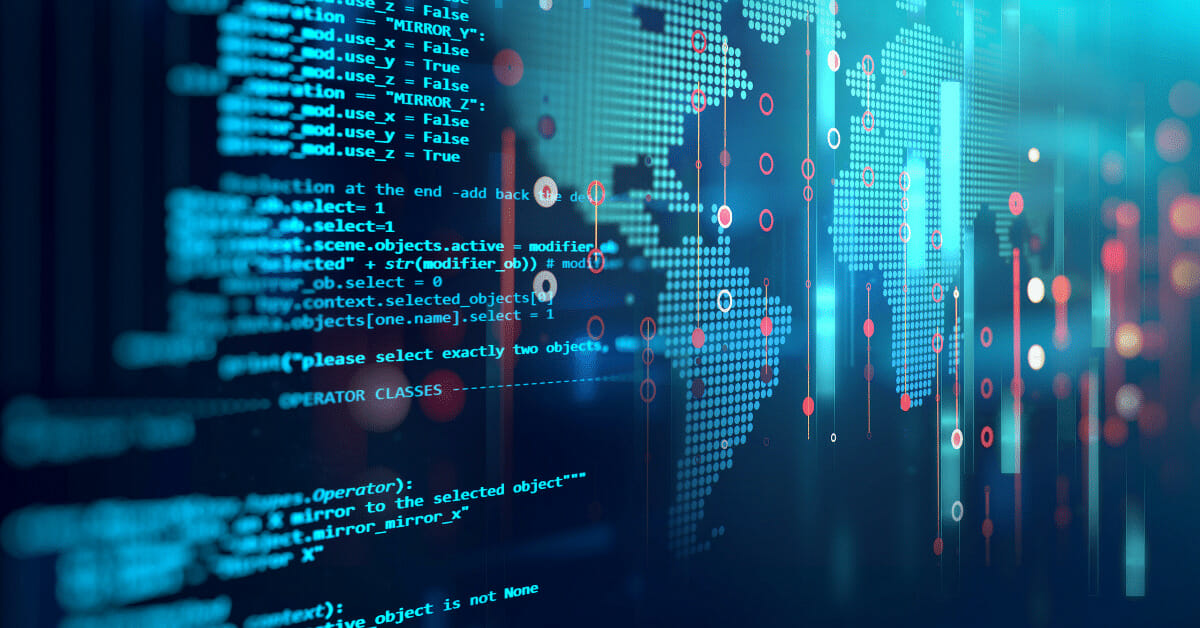Blog
COVID-19: Counterfeiters using the pandemic to exploit consumers online
- Brand Protection

The COVID-19 crisis has revealed the best and the worst in humanity. Heroic efforts by healthcare workers have been seen across the globe. However, these efforts are being constantly undermined by bad actors looking to exploit huge spikes in demand for products such as hand sanitizer and face masks.
Independent market research commissioned by Corsearch found that 34% of US consumers believe fake pharmaceutical products pose the greatest threat to consumers today versus other ‘fake’ goods and information available online (sample included: social media accounts, reviews, news, and several product categories).
At a time where consumers are less likely to be cautious when purchasing these types of products, the danger could not be more real. News continues to pour in of fake personal COVID-19 testing kits being intercepted throughout the world. Whereas authorities in China have continued to battle counterfeit face masks, having confiscated over 31 million fake masks at the end of February.
Corsearch research finds that 83% of US consumers look for warning signs when shopping online. However, while they claim to compare prices with going market rates (31%), consider the legitimacy of a website (25%), read customer reviews (45%), and look at the country of the product/seller (32%), the COVID-19 crisis has thrown buyer caution to the wind. Consumers are more likely to purchase first and think later as they compete with others for scarce goods and products that now hold increased perceived value such as face masks and hand sanitizer.
The ecommerce boom
With a large percentage of the US population now working from home and social distancing measures in place, there will be a tectonic move towards e-commerce. Online shopping trends observed during holidays suggests that change in behavior may be part of a step-change and may become the new normal even after the crisis eventually subsides.
Online shopping is increasing across all countries. However increases have been seen most where lockdown measures have been tightest (for the longest period of time) – 18% of UK consumers & 23% of US consumers said they had increased online shopping to date for things they previously bought in shops, vs. 31% in Italy and 50% in China, according to a Ipsos Mori survey conducted in March. We can expect more European countries and the US to increase online shopping as they get used to lockdown procedures and the more prolonged social distancing measures.
Online marketplaces have become a hotbed for counterfeit sellers, steering customers to their own products by undercutting the prices of the legitimate items. Over the last couple of years, both government and online marketplaces in China have adopted a tougher stance against counterfeiters and other types of brand abuse. As a result, many of the bad actors operating out of China that once frequented platforms such as Taobao and AliExpress have now moved their operations to western marketplaces such as Amazon who have taken a less aggressive approach.
Fake face masks
As countries begin to shift their COVID-19 guidance and recommend that the general public wear face masks to slow the transmission of the virus, it is critical that the products being touted are genuine and certified for use.
According to Ipsos Mori, 50% of US consumers now say they wear face masks to protect themselves (survey conducted April 9-12) – an increase of 38 percentage points versus last month (March 12-14).
In the first week of March Corsearch’s brand protection technology discovered over 1,150 social media posts on four key platforms (Facebook,
Twitter, Instagram, and Vkontakte) selling counterfeit respiratory masks – a 2,490% increase as compared to the minimal levels of similar posts in December 2019 before the pandemic.
Exploiting concerned members of the public, these untested, poor-quality face masks are highly unlikely to prevent the spread of the virus.

Unregulated hand sanitizers
Corsearch’s brand protection technology identified a 270% increase in listings of non-genuine hygiene products such as hand sanitizers and anti-bacterial wipes in the first quarter of 2020 as compared to the same period in 2019.
These products were untested, unregulated, and likely to be ineffective. Many of these listings contained false claims about being able to kill the coronavirus or protection against contracting the disease.
Furthermore, there has been an explosion in lookalike brands ripping off established brands health-related products, and unregulated sellers selling medicines at inflated prices that is unlikely to be genuine product.
With prices of products such as hand sanitizer increasing by the day as supply of verified brands struggle to keep up with demand, inflated prices of unknown and newly listed products are indicators that the goods may be illegitimate.
Hand sanitizers are drugs as defined by the US Food & Drug Administration and are therefore subject to stringent regulations. It is highly likely that the non-branded products being listed on marketplaces do not adhere to these regulations and therefore put consumers at risk.
Spikes in illegitimate goods: non-hygiene products
Listings for non-genuine goods have increased for a range of products apparently unrelated to COVID-19 as counterfeiters look to capitalize on increased online shopping. Since December 2019, for example, Corsearch’s brand protection technology has detected:
- 94% increase in non-genuine listings of home appliance products & spare parts since December 2019
- 51% increase in non-genuine listings of sporting goods and running shoes since December 2019
- 45% increase in non-genuine listings of high-end, luxury shoes since December 2019
As the public adjusts to the ‘New Normal’ that Nielsen forecasts with increased levels of online consumption, it’s likely that more than the 26% of consumers who mistakenly bought a counterfeit online last year will be deceived by bad actors in the future.
Phishing schemes and fake advertisements
Phishing schemes and fake news are also key issues facing brands during the pandemic.
While phishing sites often contain grammatical or spelling errors within the product information, many consumers still fall victim to these online scams. Often, bad actors deceive buyers by changing the spelling of a well-known brand or shop and including it in the website address. With the majority of bricks & mortar stores forced to close temporarily, consumers will be looking for the brands’ digital presence and will be highly susceptible to false associations and scams.
In March, Corsearch analysts discovered a phishing website that exploited the initial panic-buying that swept across the country by offering ‘unlimited’ groceries from Morrisons, a leading UK supermarket, to winners of an online competition. This website had multiple social media pages and accounts, including a Facebook page with that accrued over 5.9k followers. This highlights how well-intentioned consumers are often duped by these criminal schemes.
Consumers cannot be exposed to illegitimate products
The sheer volume of illegitimate goods highlights the challenge facing brands and consumers during this global health crisis. It also displays the alarming ease in which can infiltrate the digital channels consumers rely on.
Consumers are unlikely to be aware of the full scale of the threat posed by counterfeits and other illegitimate goods online. And they should not be expected to take responsibility for weeding out the fakes from the real. Combatting counterfeits requires a concerted, joint effort from government and global health authorities, brands, and platforms.
Brand protection is more important than ever
With the huge challenges facing all businesses – bricks & mortar retail channels shutting down, workforces operating remotely, and the furloughing of staff – online revenue streams are critical to survival. There has never been a more important time to protect your brand and consumers online.
By dedicating resources to safeguarding consumers and making changes to digital strategy, brand abuse will not be able to grow unchallenged, consumer trust in your brand will be maintained, and ecommerce revenues will be protected. Ultimately, by acting swiftly, brands will not have to wrestle with bad actors to regain control of the online space when restrictions are lifted.
Find out 6 steps you can take to make your brand more resilient during the COVID-19 crisis with our Brand Protection Action Plan.
A renewed focus on Brand Protection technology and strategy is essential to winning this battle. Learn how Corsearch can help you successfully navigate this period of uncertainty with our sophisticated Brand Protection platform and managed service.



